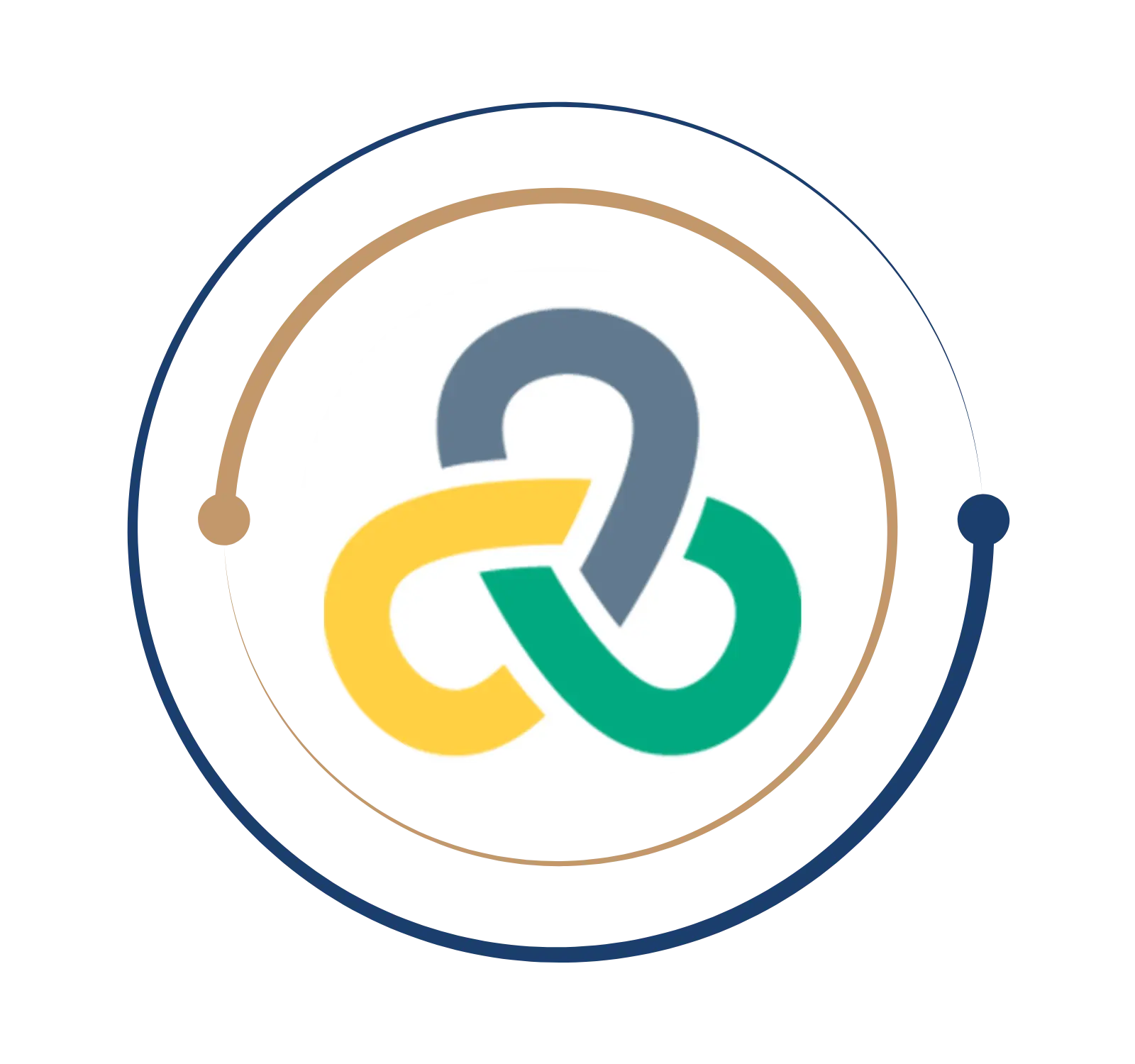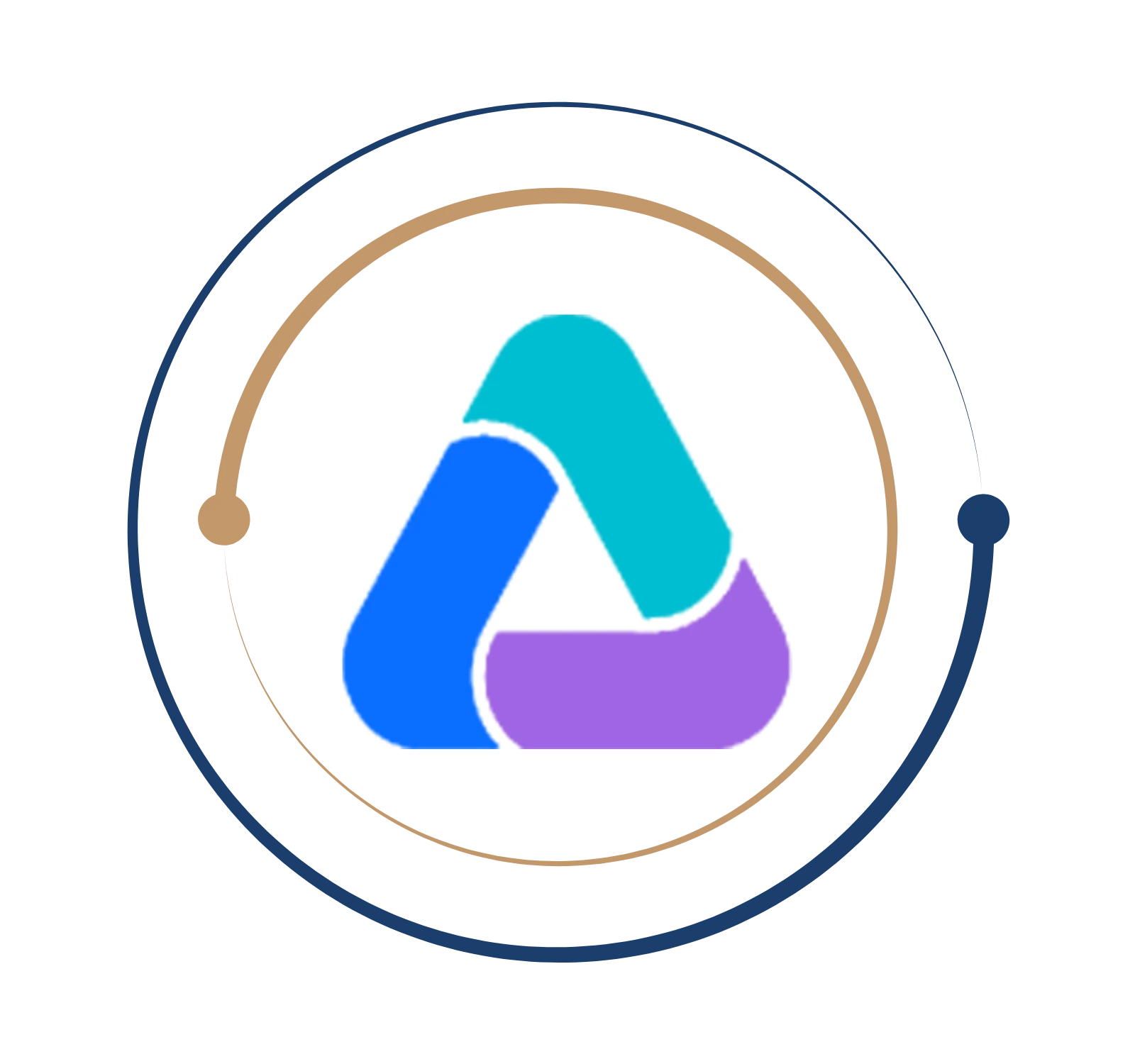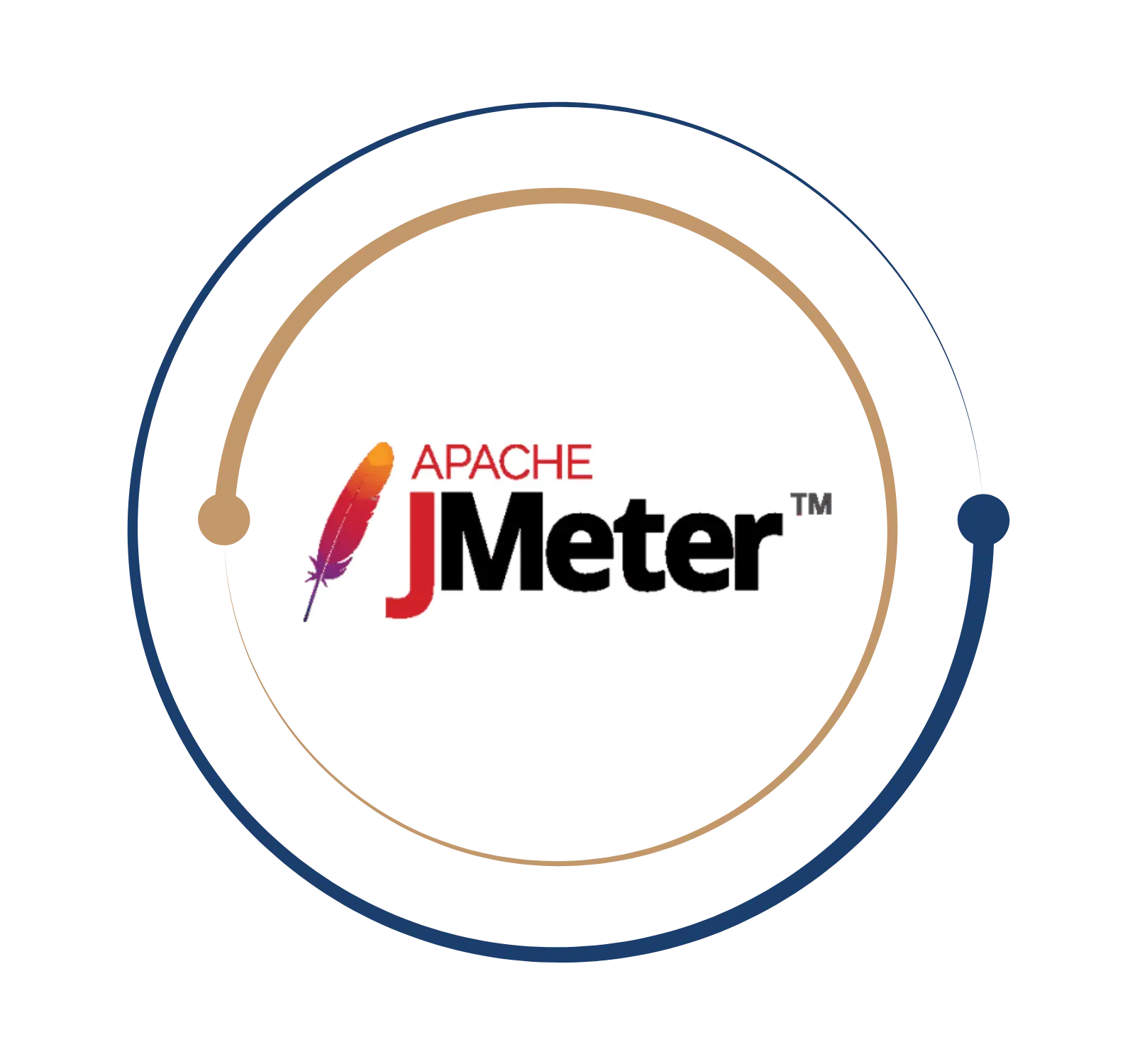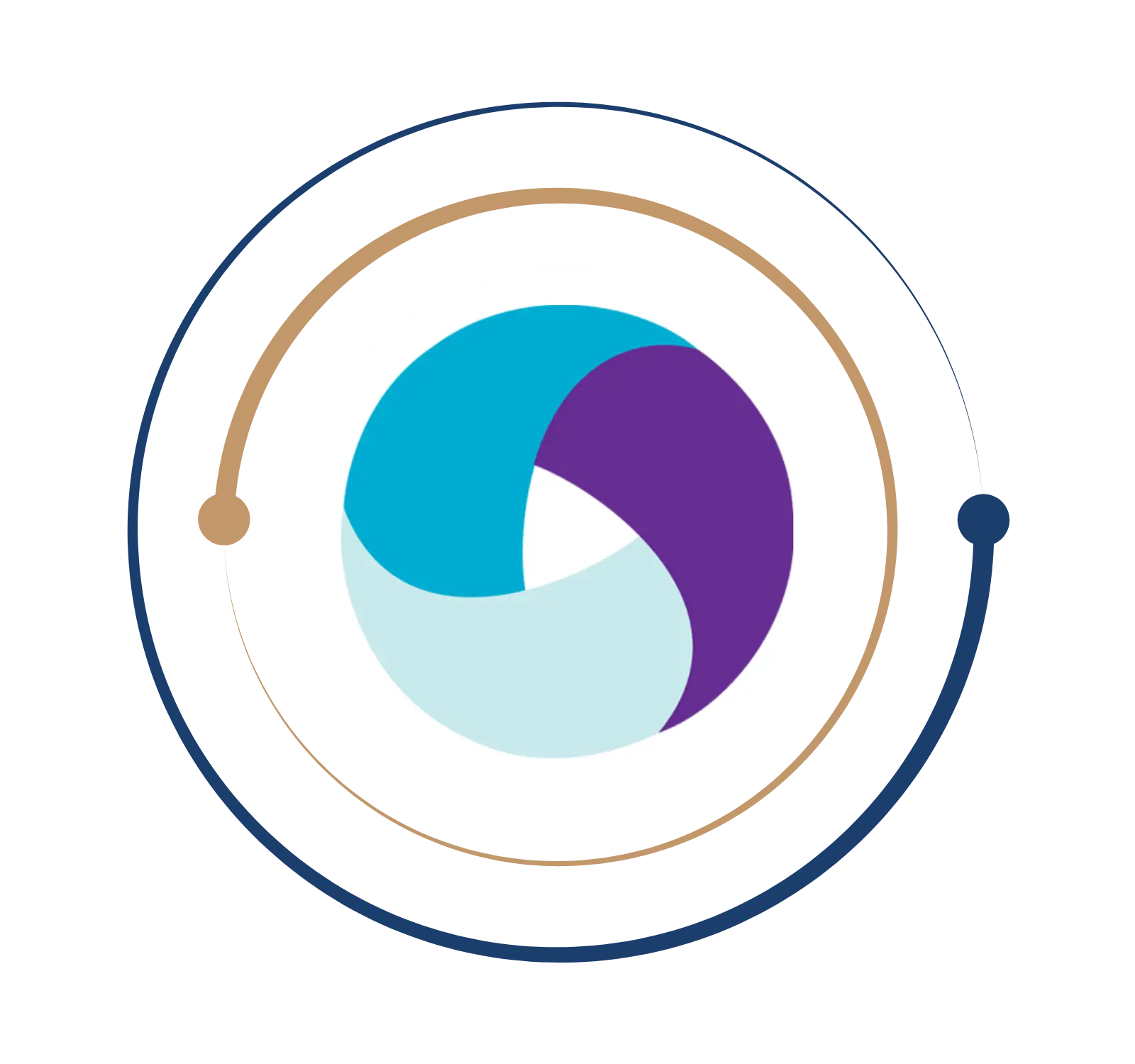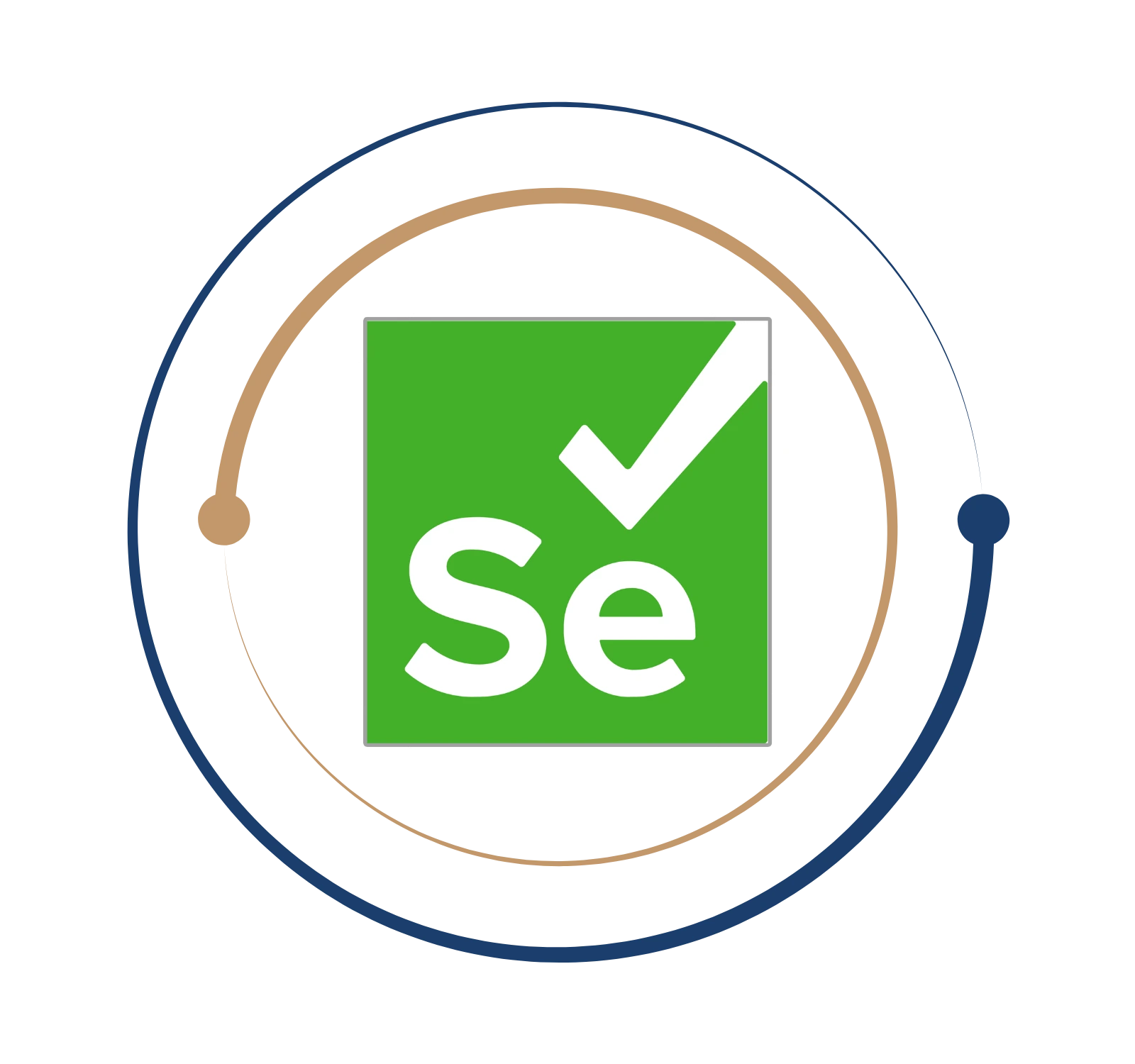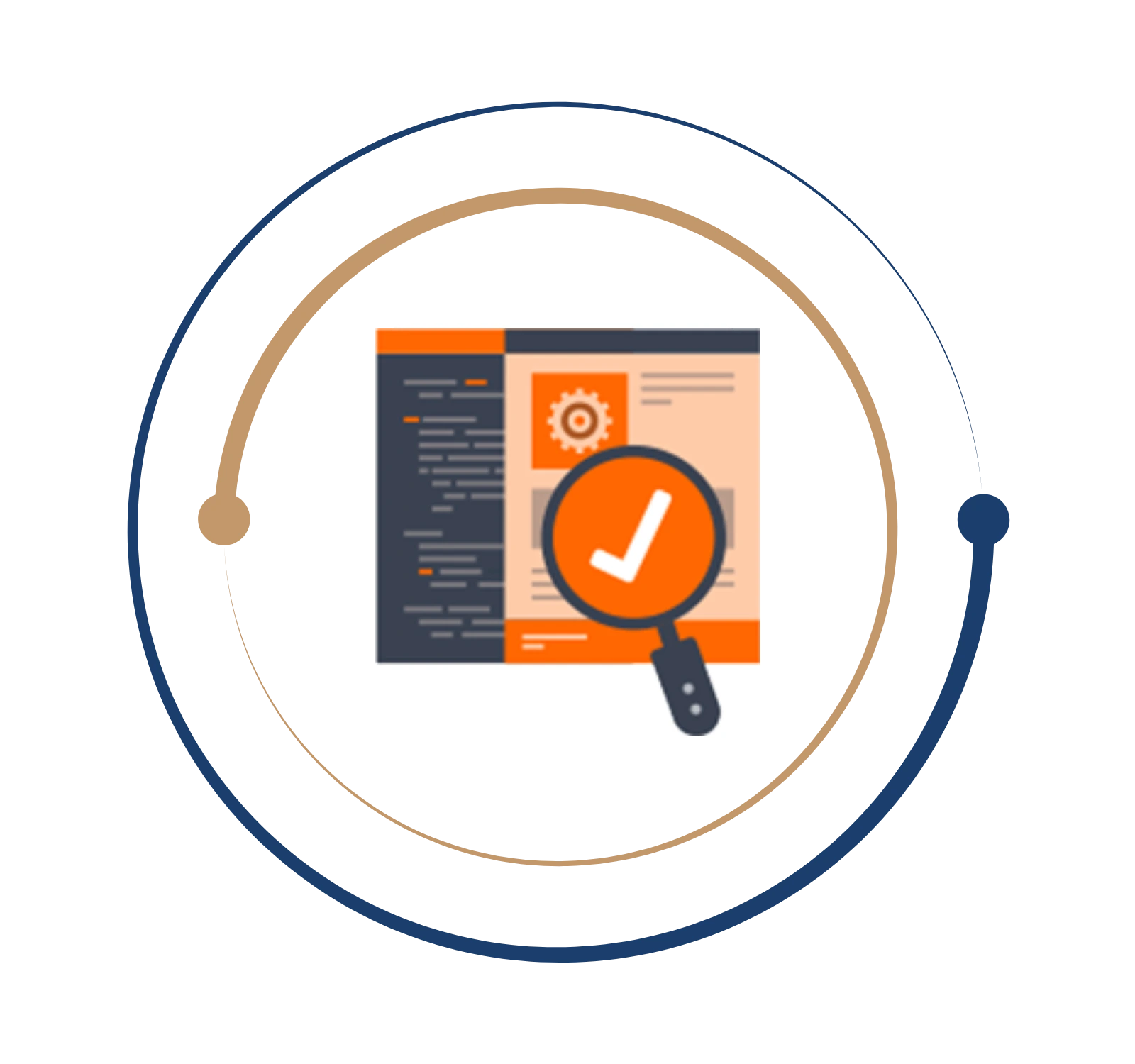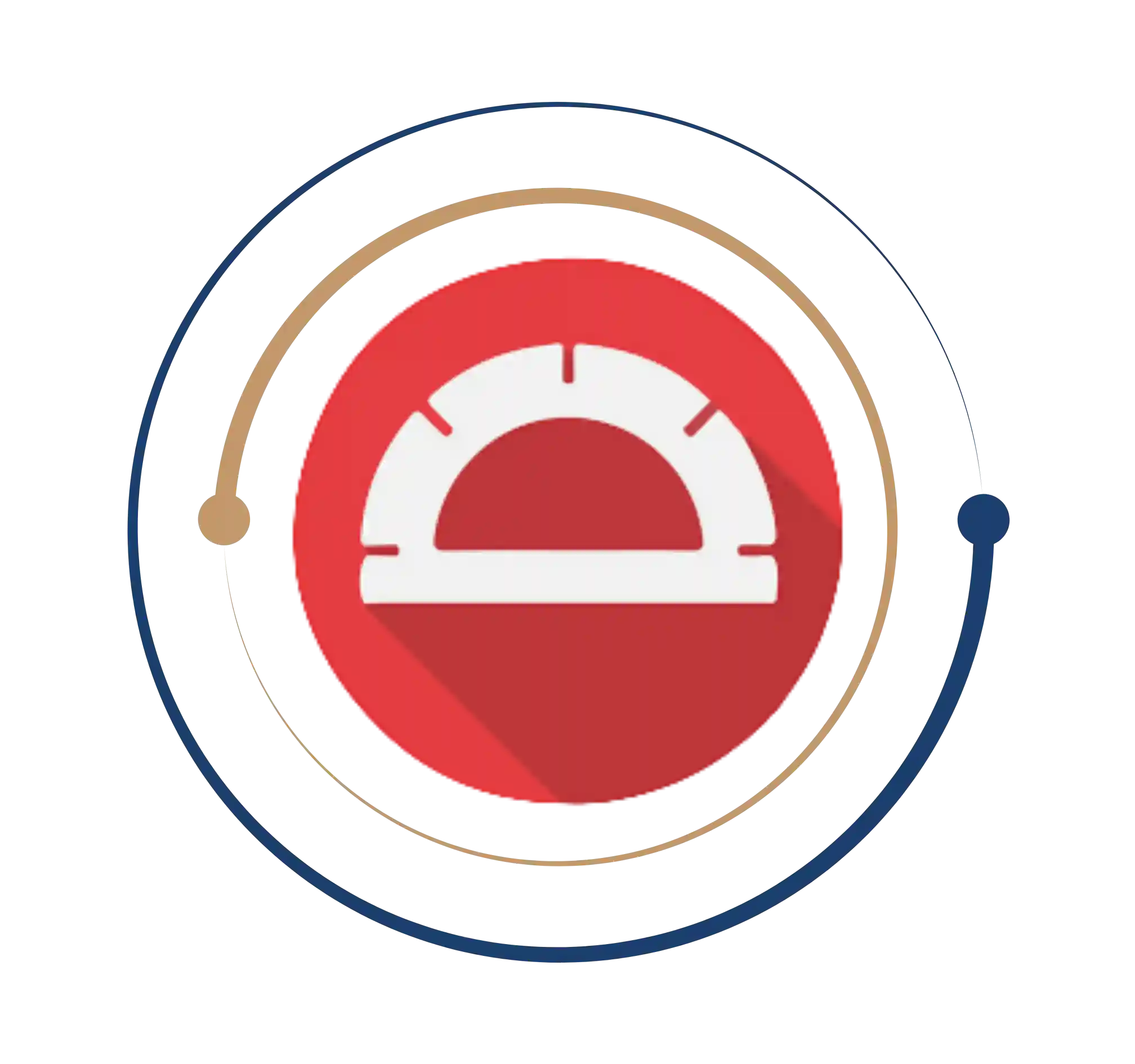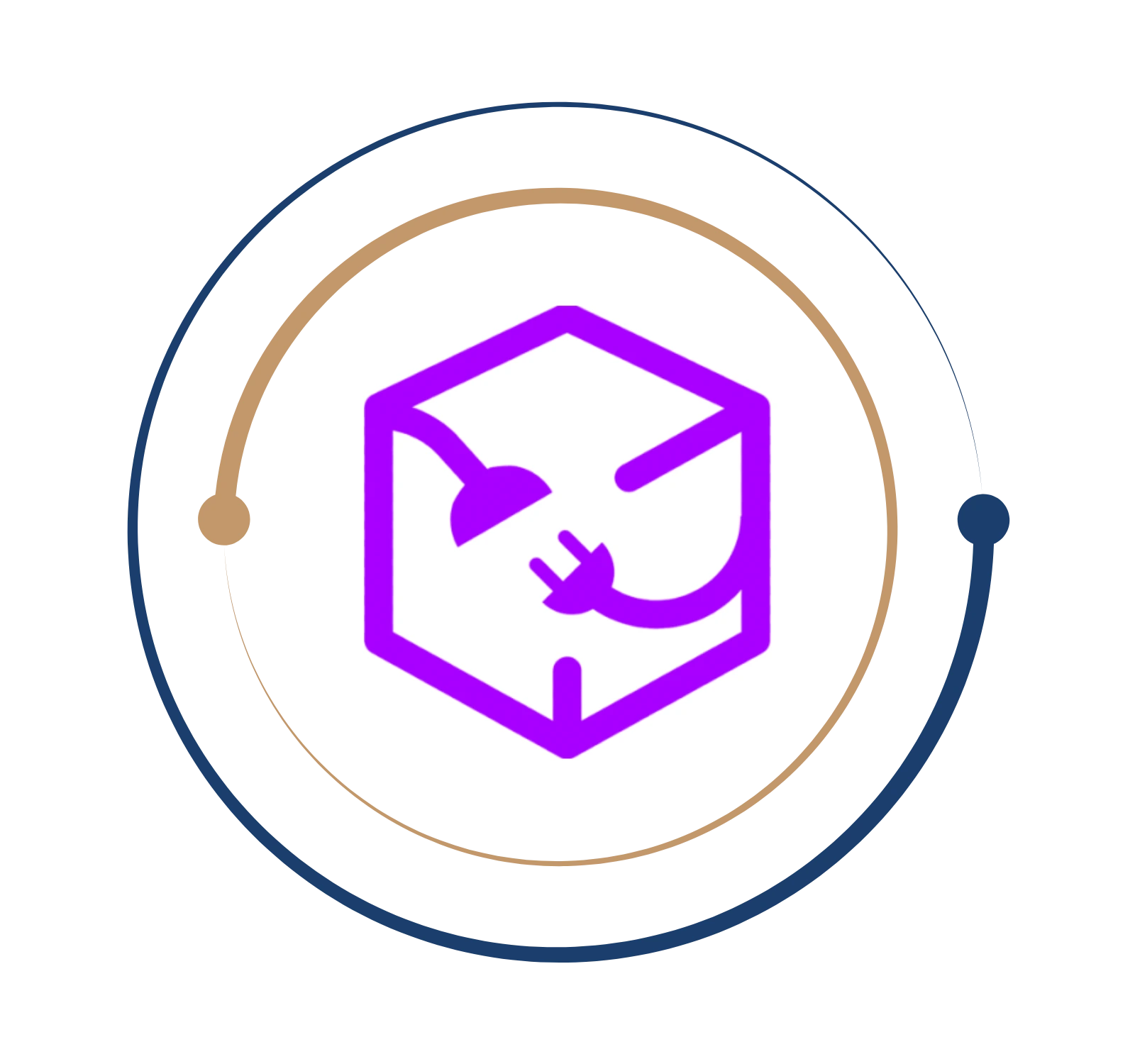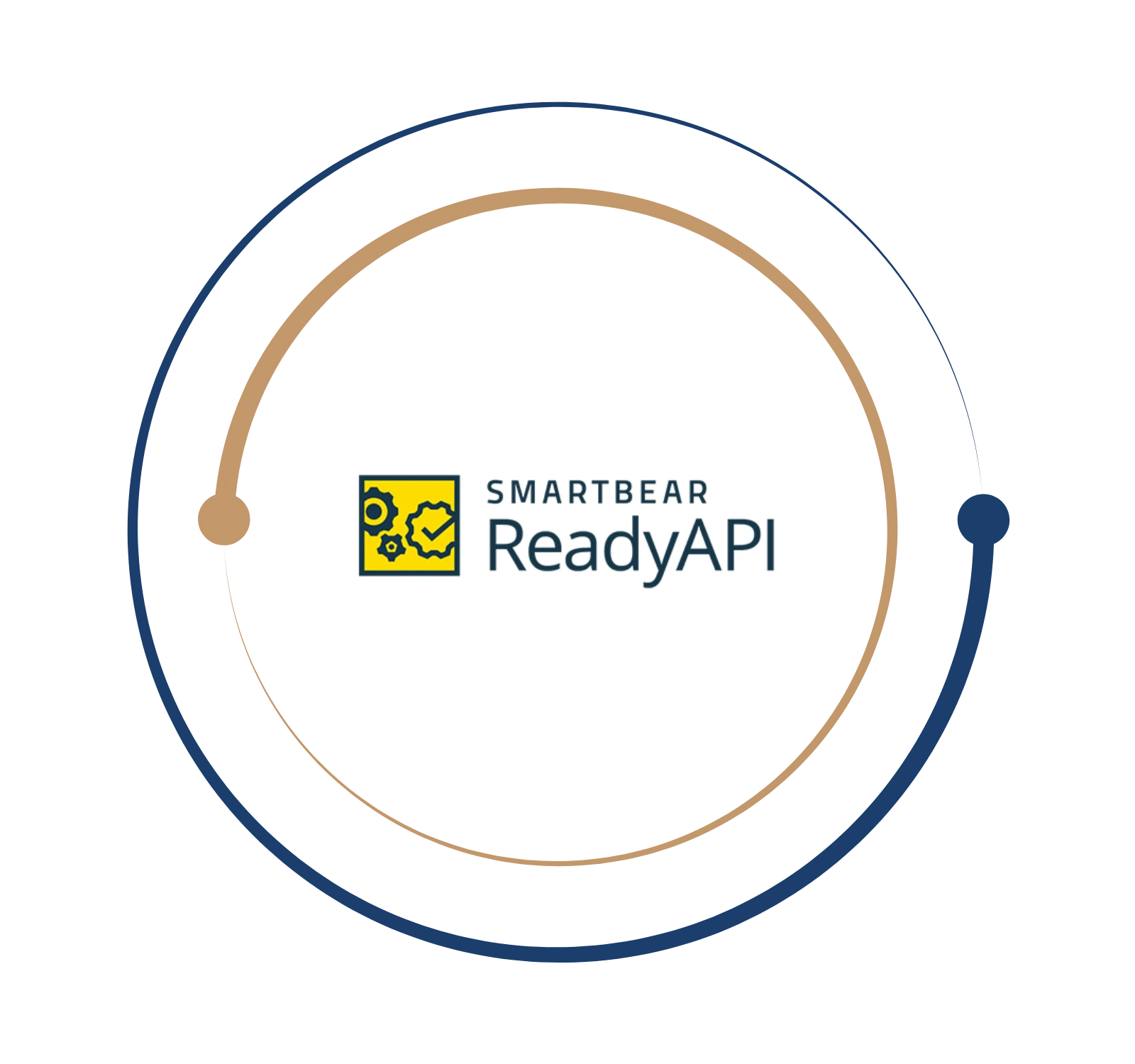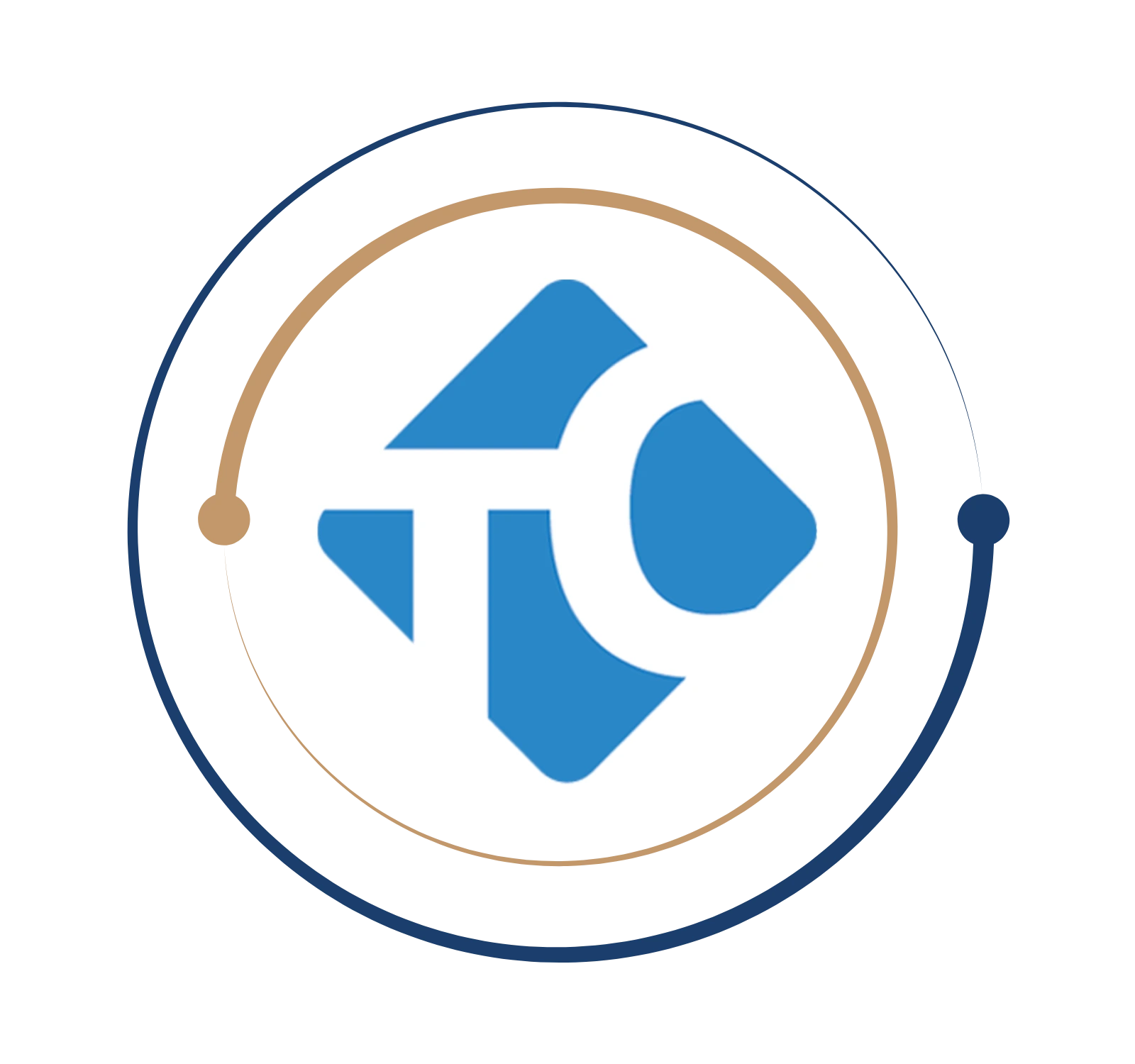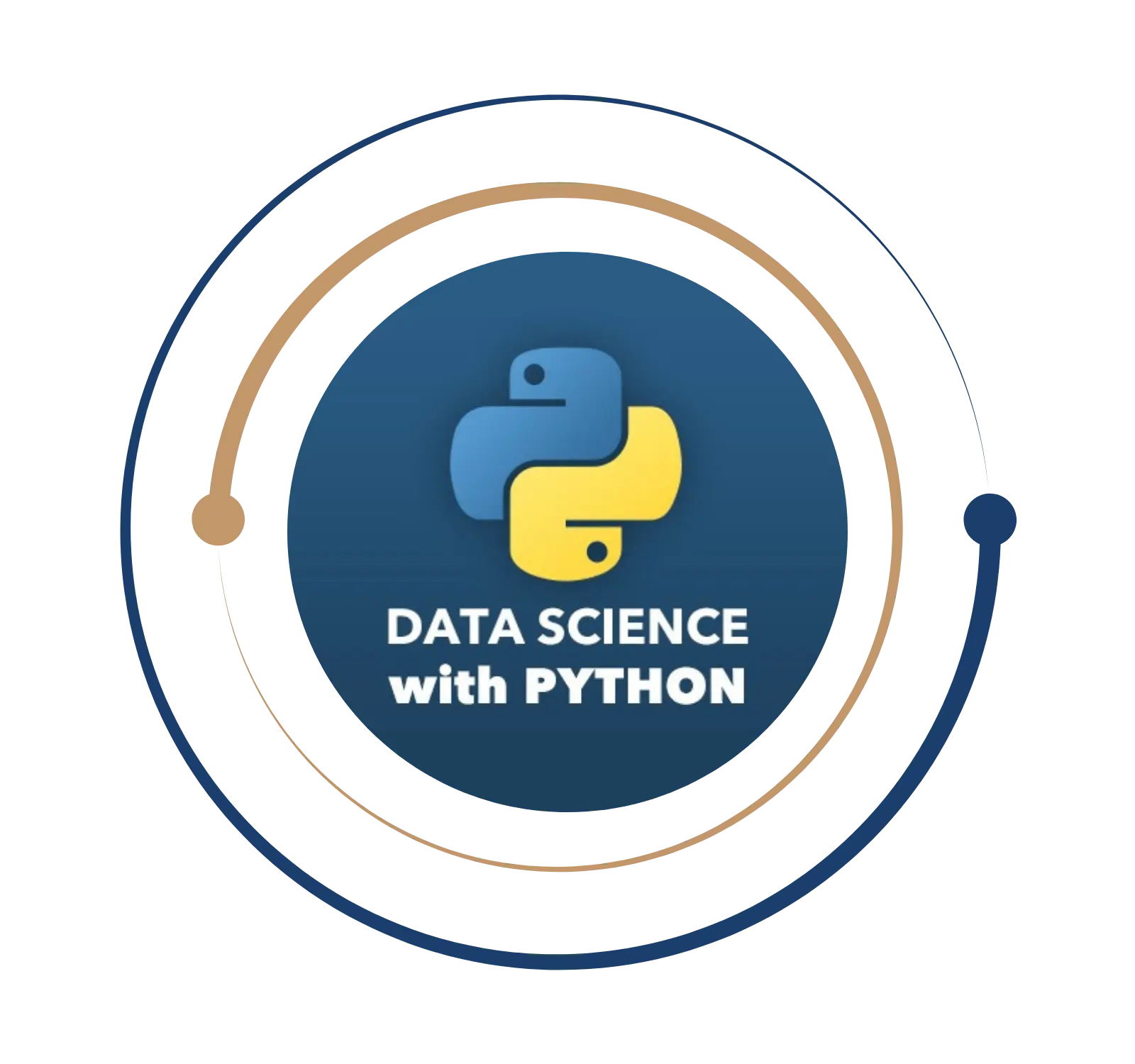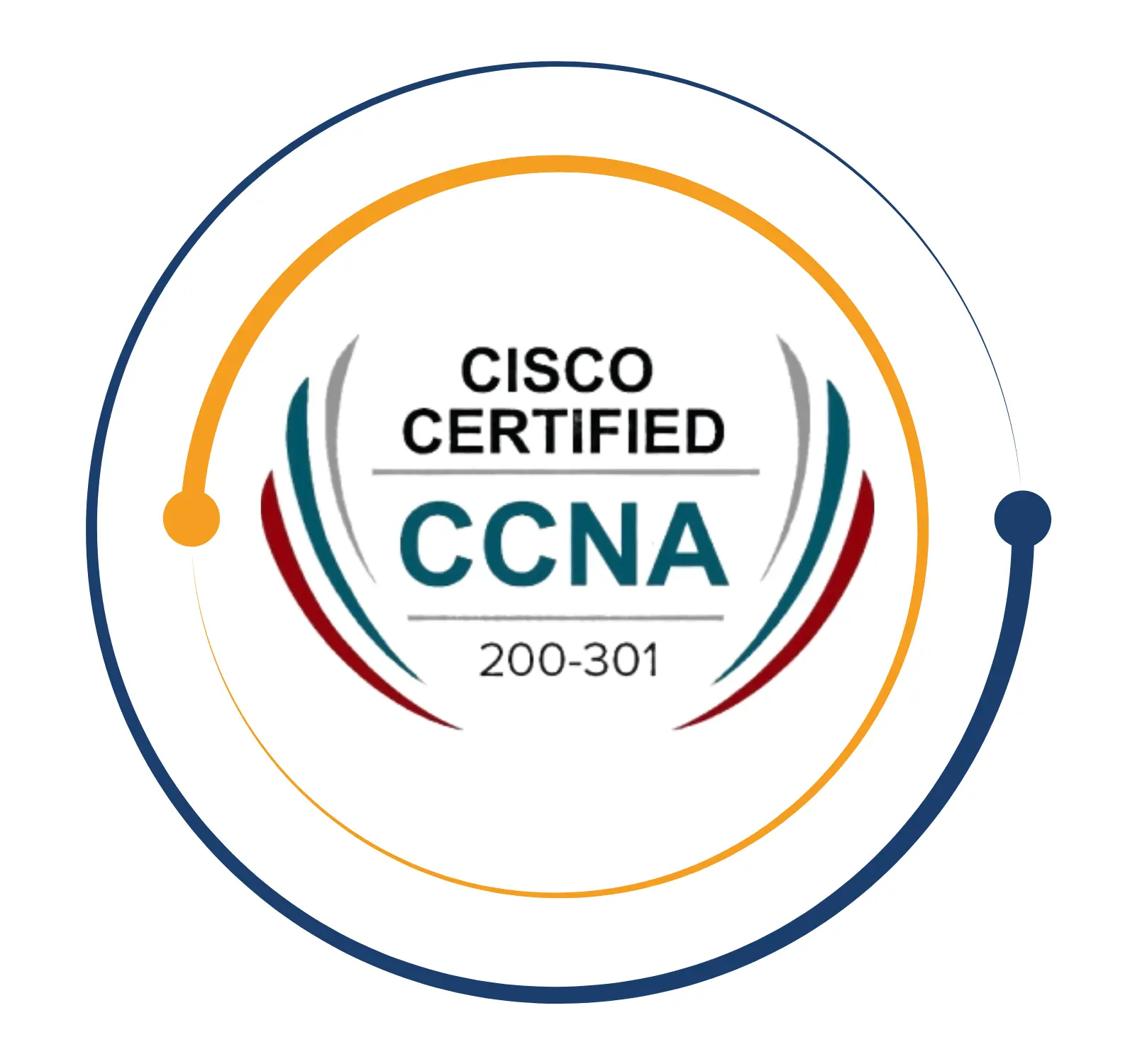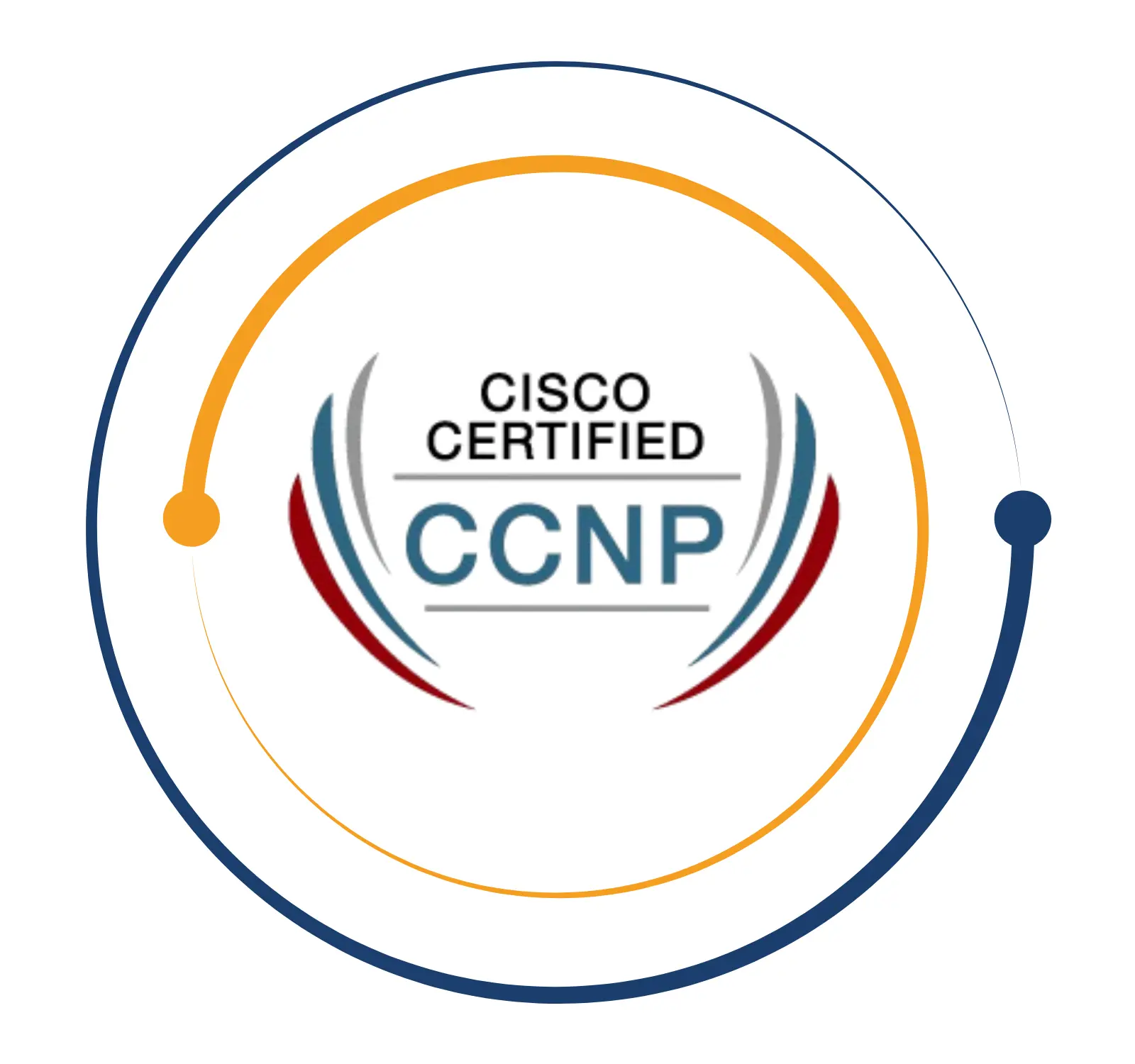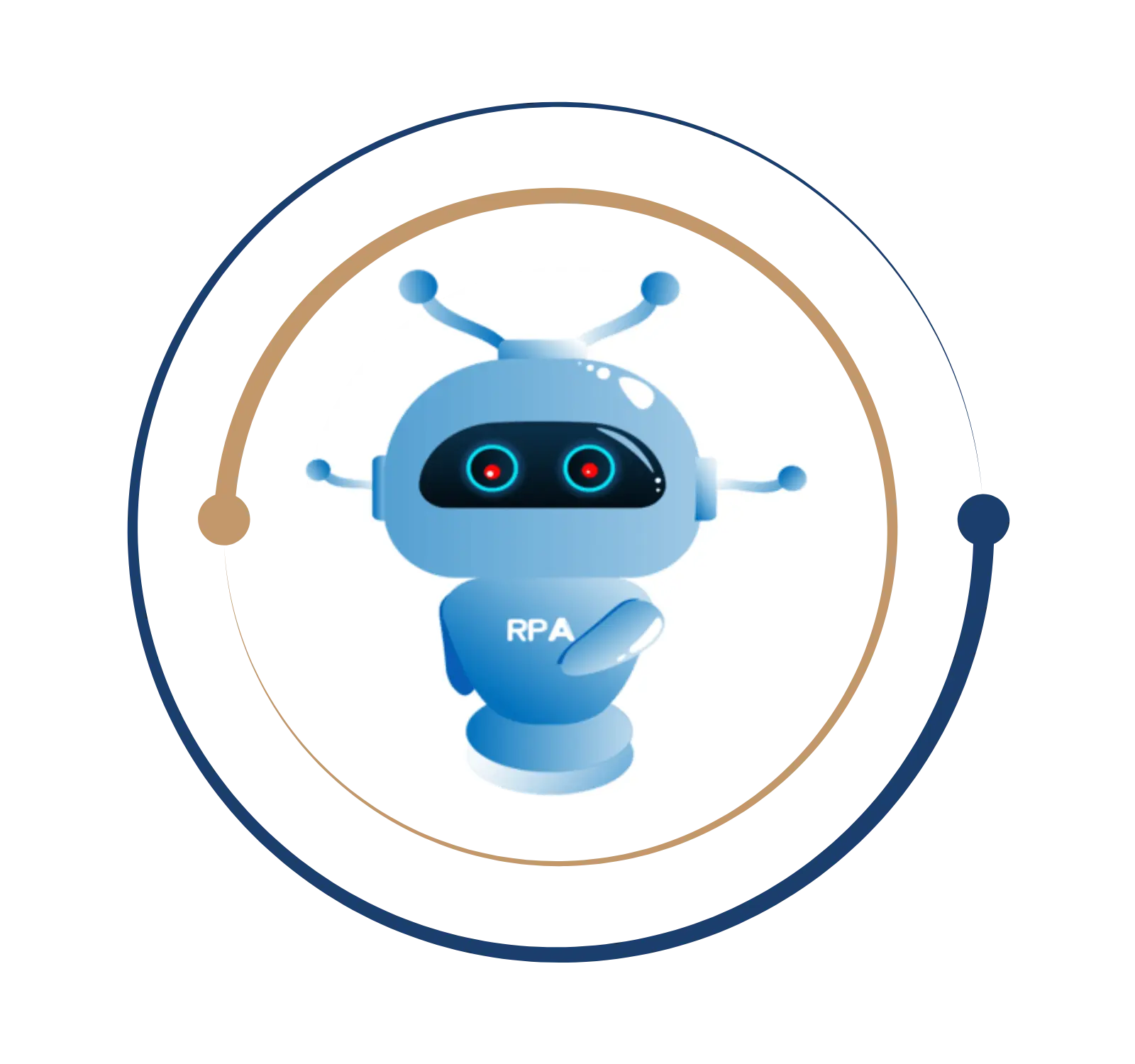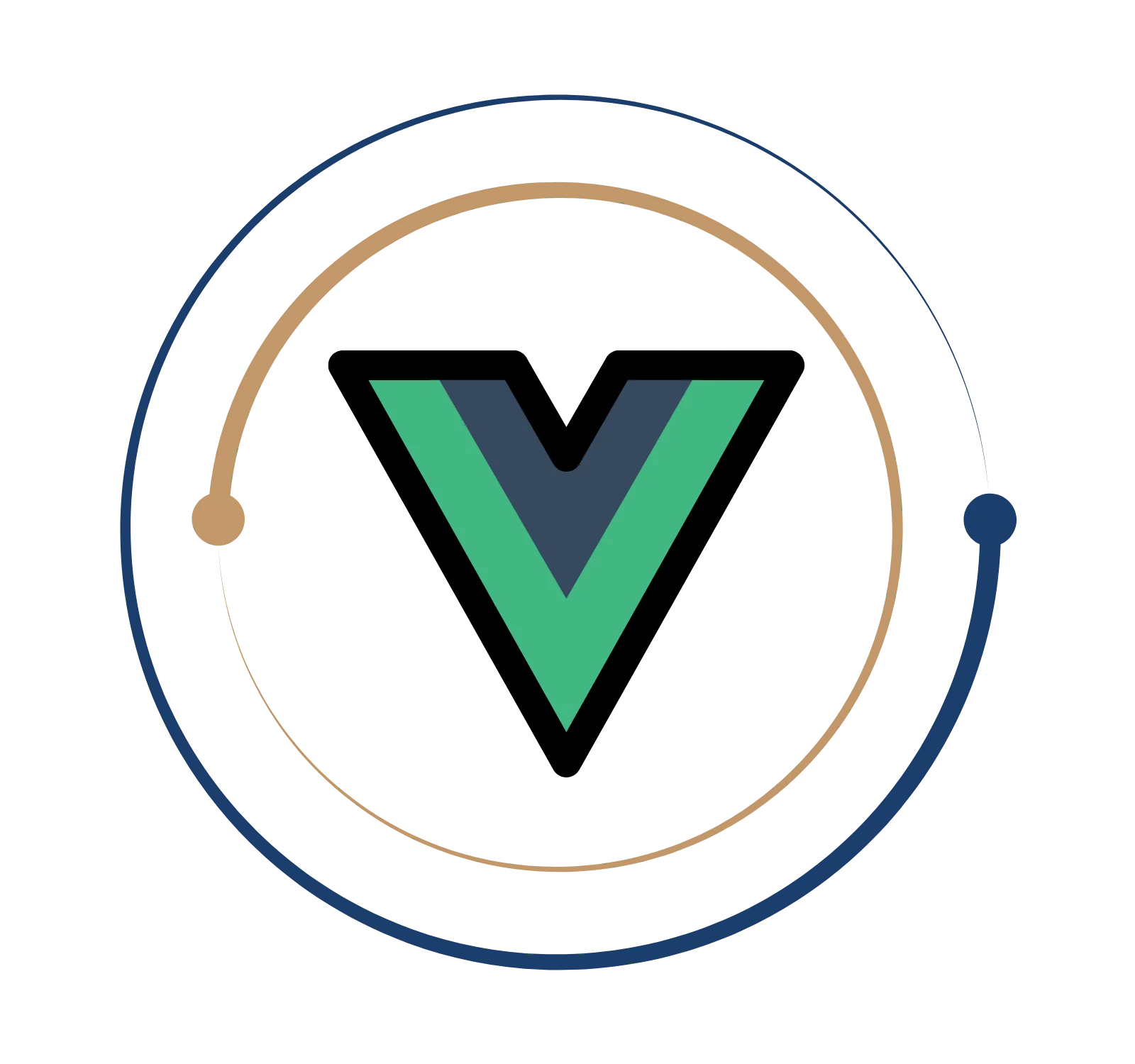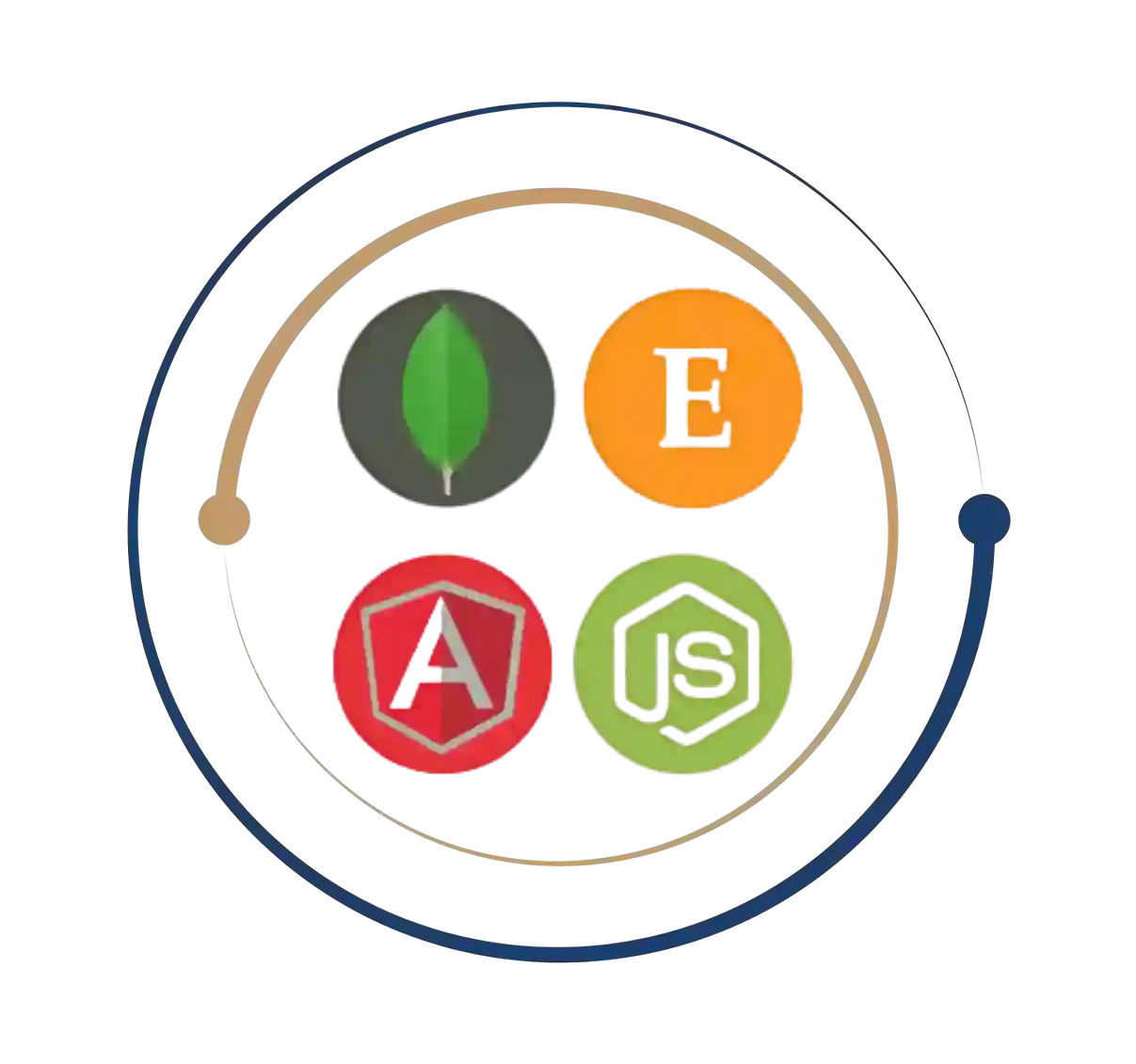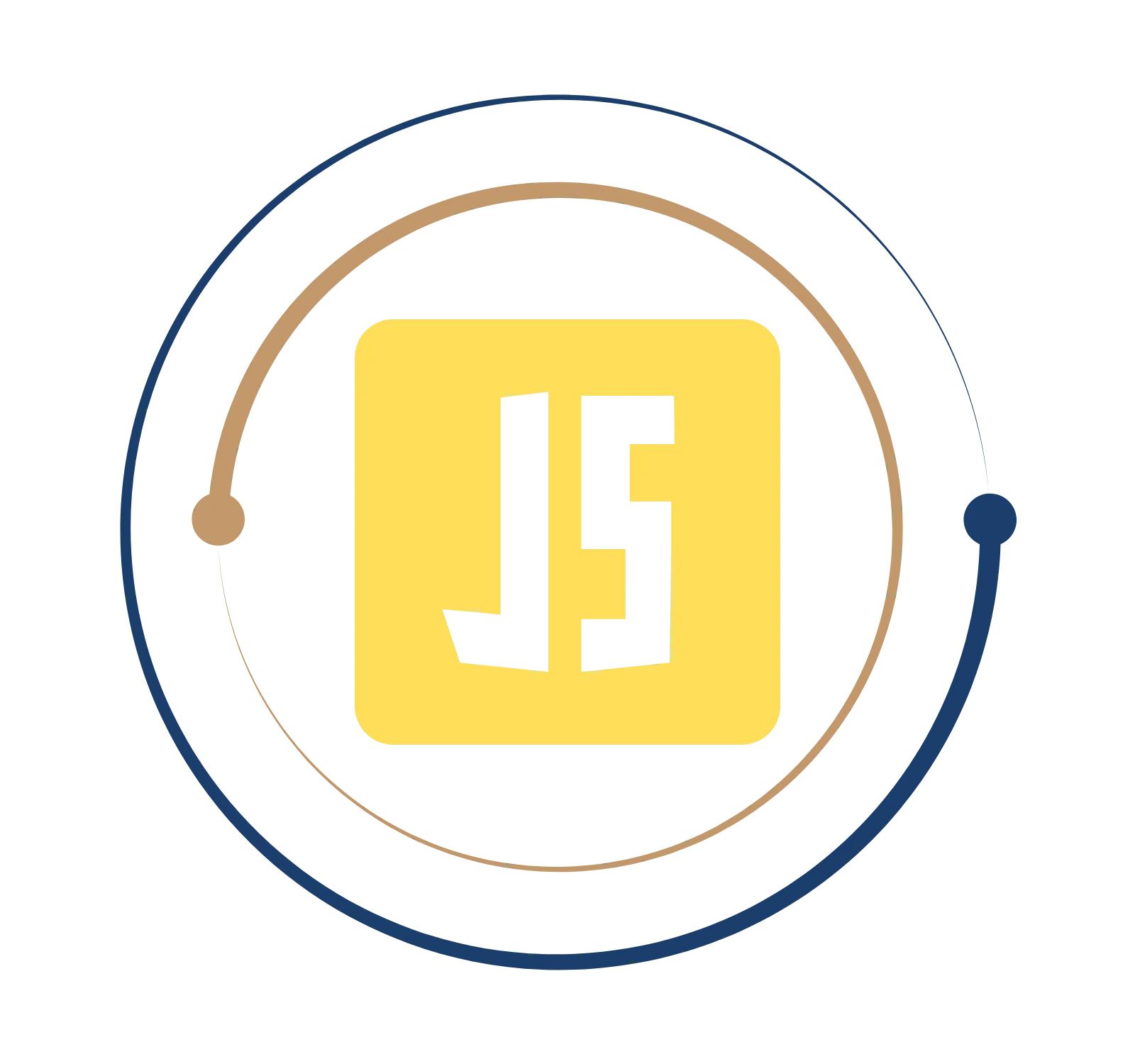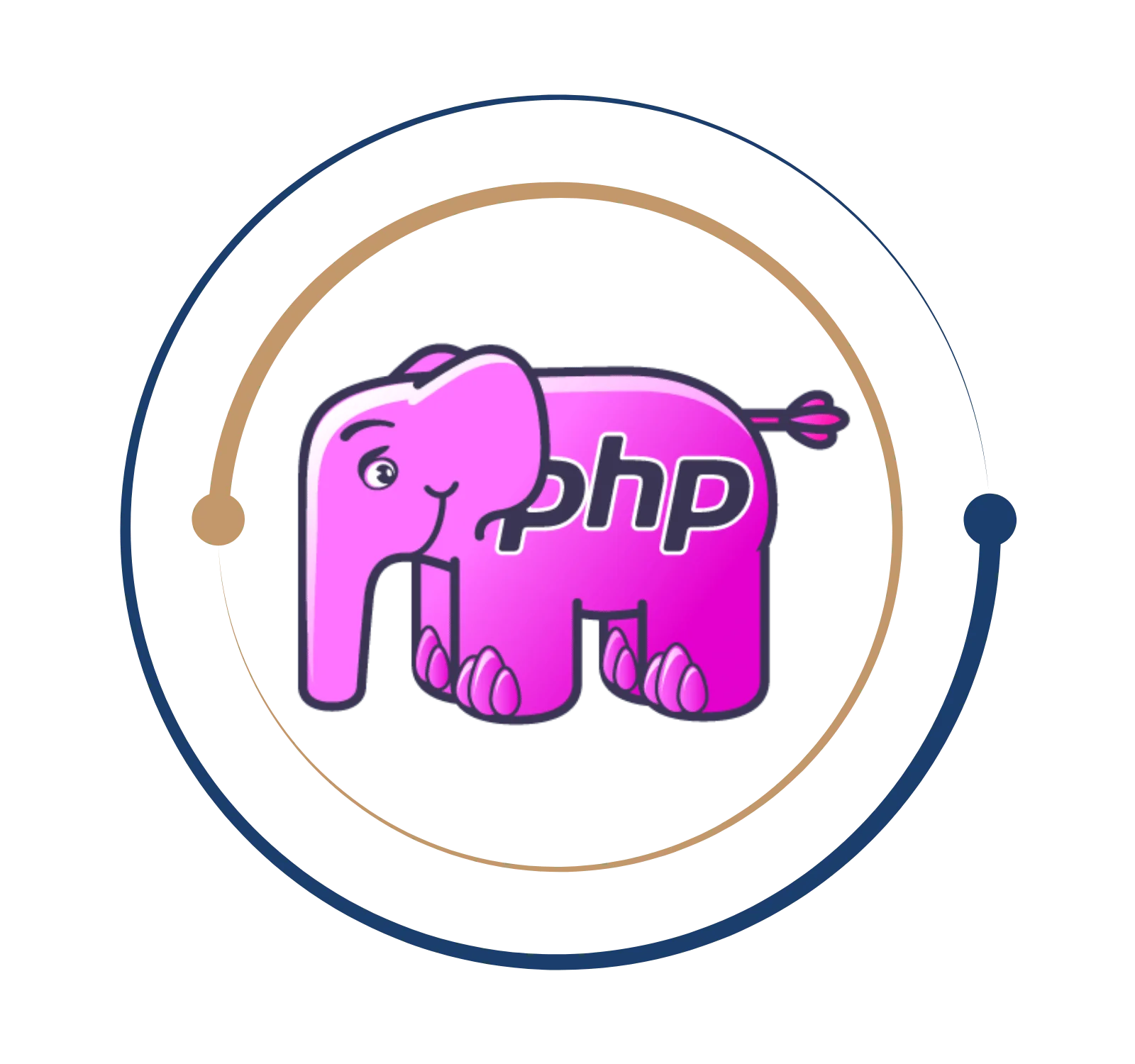Perfect Your Testing Skills with Comprehensive Manual Testing Training
Manual Testing Training in Chennai
Do you want job-oriented knowledge in Manual Testing? BITA Academy offers Manual Testing Training in Chennai that will help you to learn the complete cycle of Manual Testing. Our modules and training will give the confidence to design a test case and have good knowledge of the defect life cycle process. A Software tester should be familiar with different types of testing and their usage in real-time projects. Learn the basics and advanced concepts of the QA process to become a master in software testing.
Manual testing is a software testing method in which test cases are performed manually rather than using an automated tool. Manual testing can be used on any application. Still, it is beneficial for evaluating user interfaces (UI) or user experience (UX) and ad hoc or conceptual testing.
Manual Testing Training in Chennai
Do you want job-oriented knowledge in Manual Testing? BITA Academy offers Manual Testing Training in Chennai that will help you to learn the complete cycle of Manual Testing. Our modules and training will give the confidence to design a test case and have good knowledge of the defect life cycle process. A Software tester should be familiar with different types of testing and their usage in real-time projects. Learn the basics and advanced concepts of the QA process to become a master in software testing.
What is Manual testing?
Manual testing is a software testing method in which test cases are performed manually rather than using an automated tool. Manual testing can be used on any application. Still, it is beneficial for evaluating user interfaces (UI) or user experience (UX) and ad hoc or conceptual testing.
Roles and Responsibilities of Manual Tester
- The manual tester develops test plans for new and innovative software. It is also the tester’s responsibility to plan for debugging the code.
- Examining the technical properties of equipment systems
- Evaluating written code to ensure that it meets project requirements
- Creating quality assurance strategies and organizing phased testing with quality assurance engineers
- Monitoring system errors and explaining them to coworkers
- Assisting with bug detection and resolution
- Product testing following its demonstration
- Results testing and analysis
- Working together on quality assurance as a team
Manual testing is a software testing method in which test cases are performed manually rather than using an automated tool. Manual testing can be used on any application. Still, it is beneficial for evaluating user interfaces (UI) or user experience (UX) and ad hoc or conceptual testing.
- The manual tester develops test plans for new and innovative software. It is also the tester’s responsibility to plan for debugging the code.
- Examining the technical properties of equipment systems
- Evaluating written code to ensure that it meets project requirements
- Creating quality assurance strategies and organizing phased testing with quality assurance engineers
- Monitoring system errors and explaining them to coworkers
- Assisting with bug detection and resolution
- Product testing following its demonstration
- Results testing and analysis
- Working together on quality assurance as a team
Get Instant Help Here
The Manual Testing certification assesses your knowledge and experience against industry standards. This certification is perfect for those who choose to work in software testing and application development for large corporations. This certification will strengthen your advancement and wisdom growth. Candidates who intend to work in Manual Testing can enrol in BITA Academy’s Manual Testing Training in Chennai, leading to a varied and rewarding career. The following are the best certification for software Testing.
- The International Software Testing Qualification Board (ISTQB) is a streamlined qualification for new software testers. ISTQB is one of the most popular software testing certifications.
- CTSE is an abbreviation for Certified Test Engineer. This certification is ideal for testers who want to demonstrate their expertise in quality control.
- CSQA stands for Certified Software Quality Analyst. This course is designed specifically for experienced testers who work as Quality Control or Quality Assurance Professionals.
- CSQA stands for Certified Software Quality Analyst. This course is designed specifically for experienced testers who work as Quality Control or Quality Assurance Professionals.
- CQA is a QA tester certification course. The software testing certification assists professionals in honing their testing abilities. They can also learn about the standards and principles of auditing.
- Certified Quality Engineer is a QA certification for testers that teaches critical product and service quality evaluation control principles.
- Certified Quality Engineer is a QA certification for testers that teaches critical product and service quality evaluation control principles.
- CSTP is an abbreviation for Certified Software Test Professional Level (CSTP). It is among the best testing certification courses, assisting professionals in developing advanced software testing skills.
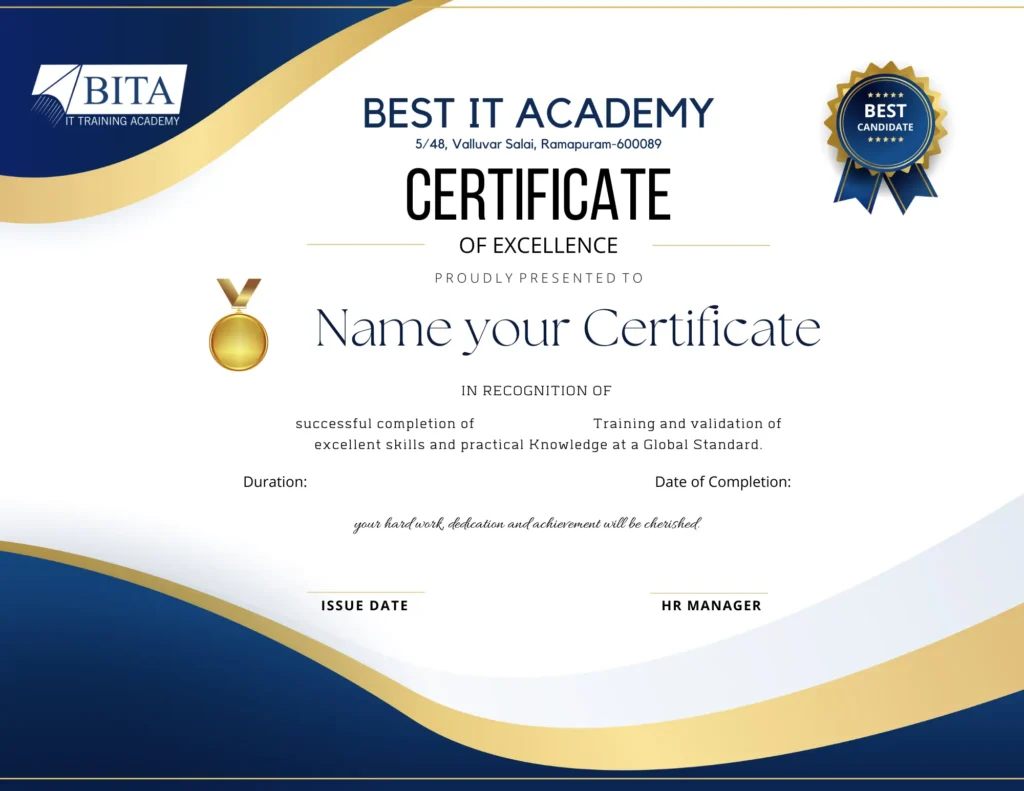
Over the last decade, there has been a significant change toward automated testing practices, eliminating the need for manual handling of many rote tasks. However, the speed with which this change has spread has left many industry players unable to situate it properly. Every day, I hear that automation will remove manual testing jobs – or even that unit testing, integration testing, and user acceptance testing are becoming redundant in today’s digital environments. This is not always the case. Robotic process automation, machine learning, and artificial intelligence (AI) will growingly supplement manual knowledge and experience in the future. On the other hand, automation will never be a complete substitute for manual practices because no robot can replace human inspection. Manual Testing Salaries in India range from 1.3 Lakhs to 16.0 Lakhs per year, with an average annual salary of 4.8 Lakhs.
Job you can land with Manual Testing
What you will learn?
- What is testing?
- Why is testing important?
- Role of a software tester
- Principles of software testing
- What is Quality?
- Difference between Manual and Automation Testing
- Requirement
- Analysis
- Design
- Coding
- Testing
- Delivery and Maintenance
- Waterfall Model
- V Model
- What do you know about Agile Model?
- Deep Dive on Prototype Model
- What do you know about Spiral Model?
- Fish Model
- White Box Testing
- Black Box Testing
- Grey Box Testing
- PART 5: Test Execution
- What do you know about Execution Process?
- How to execute End to End Scenarios?
- Overview of result analysis
- Informal Reviews
- Walkthrough
- Technical Reviews
- What do you know about Inspection?
- Deep Dive on Statement Coverage and Branch Coverage Testing
- What do you know about Path Coverage and Conditional Coverage Testing?
- Loop Coverage Testing
- Boundary Value Analysis
- Deep Dive on Equivalence class partition
- Decision Table
- Use Case Testing
- Unit Testing
- Deep Dive on Integration Testing
- System Testing
- What do you know about User Acceptance Testing?
- Sanity Testing
- Smoke Testing
- Deep Dive on Regression Test
- Performance Testing
- Memory Testing
- What do you know about Scalability Testing?
- Deep Dive on Compatibility Testing
- Security Testing
- Cookies Testing
- Session Testing
- Recovery Testing
- Deep Dive on Installation Testing
- What do you know about Adhoc Testing?
- Risk Based Testing
- What do you know about Compliance Testing?
- Deep Dive on Requirements
- How to prepare Traceability Matrix?
- What do you know about Test Planning?
- Deep Dive on Test Case Design
- What do you know Test Execution?
- Test Closure
- Deep Dive on Test Metrics
- Deep Dive on Defect Tracking Tools
Weekdays
Mon-Fri
Online/Offline
1 hour
Hands-on Training
Suitable for Fresh Jobseekers
/ Non IT to IT transition
Weekends
Sat – Sun
Online/Offline
1.30 – 2 hours
Hands-on Training
Suitable for IT Professionals
Batch details
Week days
Mon-Fri
Online/Offline
1 hour
Hands-on Training
/ Non IT to IT transition
Sat – Sun
Online/Offline
1:30 – 2 hours
Hands-on Training
Why should you select us?
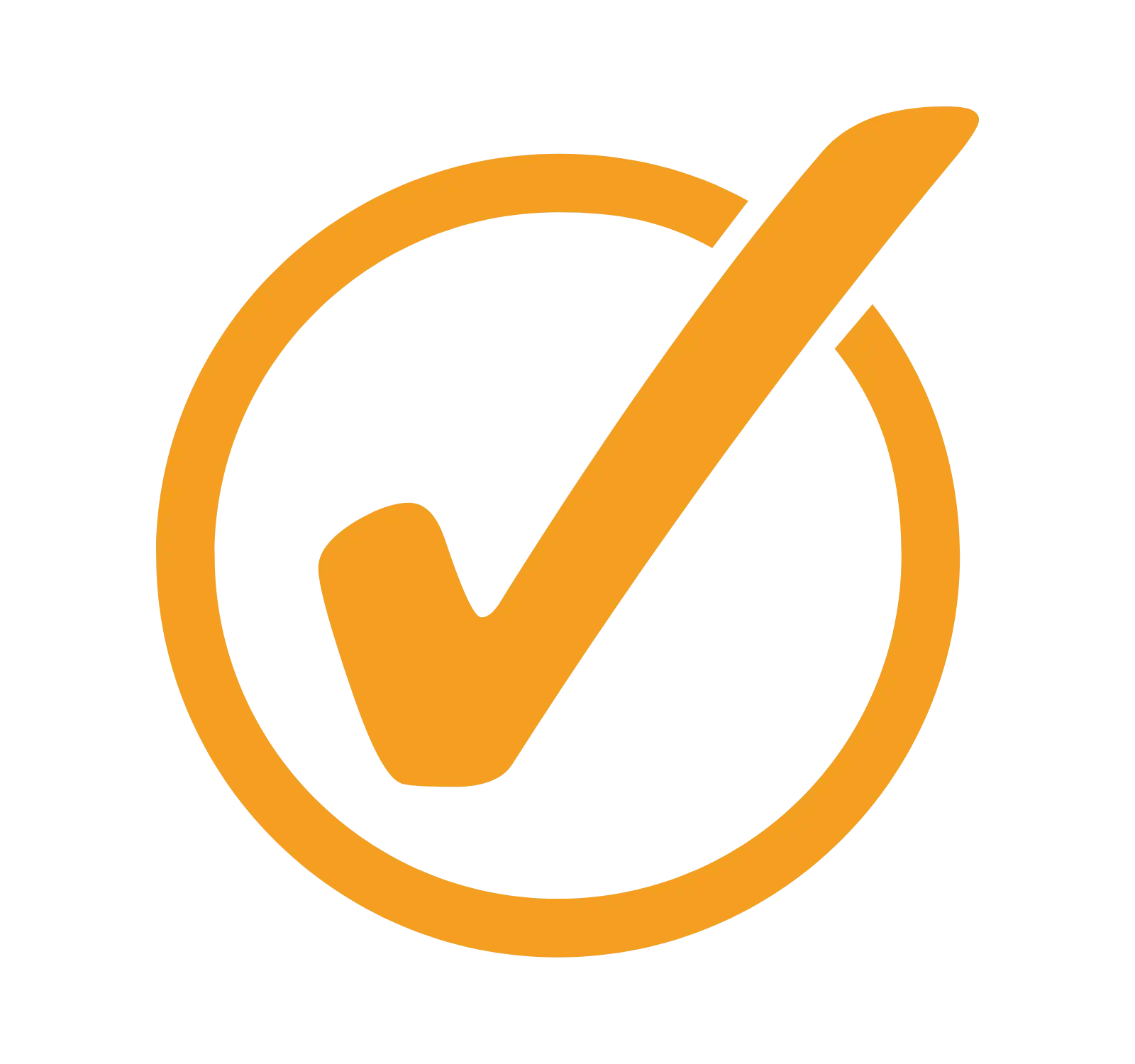





Why should you select Us?







